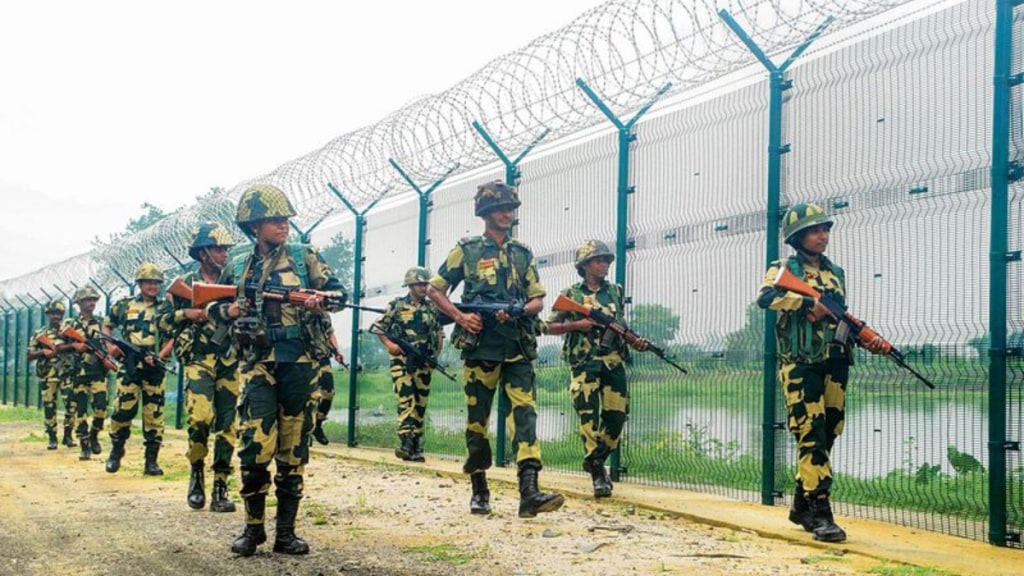A major diplomatic stir is brewing after a Turkish-backed NGO in Dhaka allegedly showcased controversial maps of a so-called “Greater Bangladesh,” incorporating large swathes of India’s eastern and northeastern states, as well as parts of Myanmar.
According to sources quoted by The Economic Times, the provocative map includes India’s Bihar, Jharkhand, Odisha, the entire Northeast, and Myanmar’s Arakan state. The map reportedly surfaced in university halls across the Bangladeshi capital, particularly in areas popular among students and youth.
Turkey could emulate Pak plan in Bangladesh: Alleged Turkish backed NGO in Dhaka Saltanat-e-Bangla displays maps of Greater Bangladesh comprising several Indian states of Eastern & Northeast — My report @ETPolitics @aniltrigunayat @ETDefence pic.twitter.com/HLt1ZaK0gF
— Dipanjan R Chaudhury (@DipanjanET) May 18, 2025
One image from April this year, captured at Dhaka University’s Teacher-Student Centre (TSC) during Pohela Boishakh (Bengali New Year), showed an individual posing with the “Saltanat-E-Bangla” map, which depicted multiple Indian regions as part of a greater Bangladesh.
The development has triggered strong concerns in India, especially amid deteriorating bilateral ties with Bangladesh. The souring of relations follows the Yunus regime’s failure to curb rising attacks on minorities, particularly Hindus, across Bangladesh.
The controversy has taken a more alarming turn due to Turkey’s growing presence in Bangladesh. Turkish military cooperation with Dhaka has reportedly expanded under the Yunus government, while Turkish NGOs—allegedly aligned with Turkey’s ruling AKP party—have become increasingly active.
Experts tracking Turkish foreign influence have warned about the possible spread of Islamist ideologies, including those linked to the Muslim Brotherhood, via these NGOs. Pakistan is also believed to be playing a behind-the-scenes role in fostering stronger ties between Ankara and Dhaka.
The row comes at a time when Bangladesh competes closely with India in the textile sector, and the two nations reported bilateral trade worth USD 12.9 billion in 2023–24. As strategic tensions rise, India is likely to keep a close eye on Turkish activities and ideological influence in the region.
